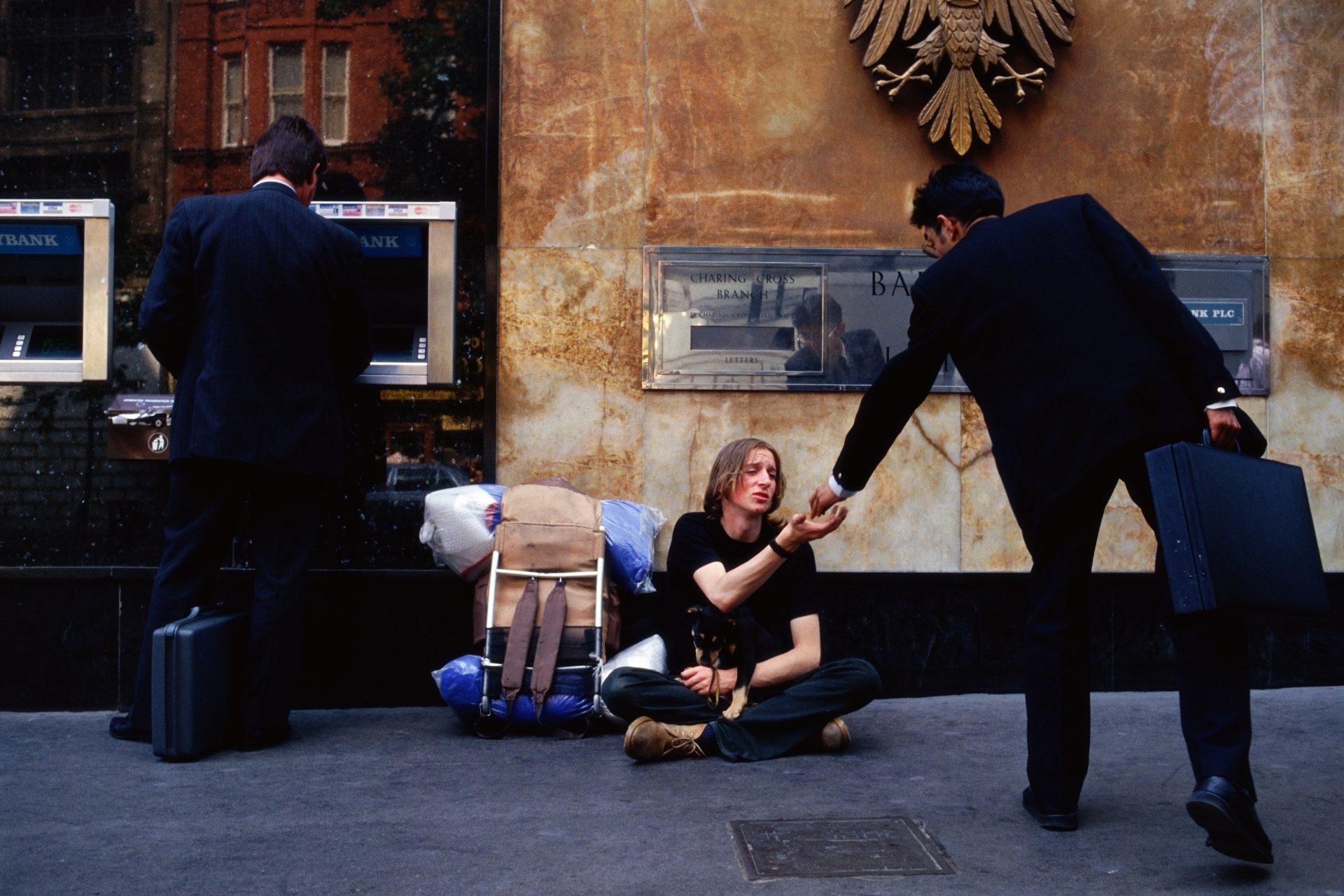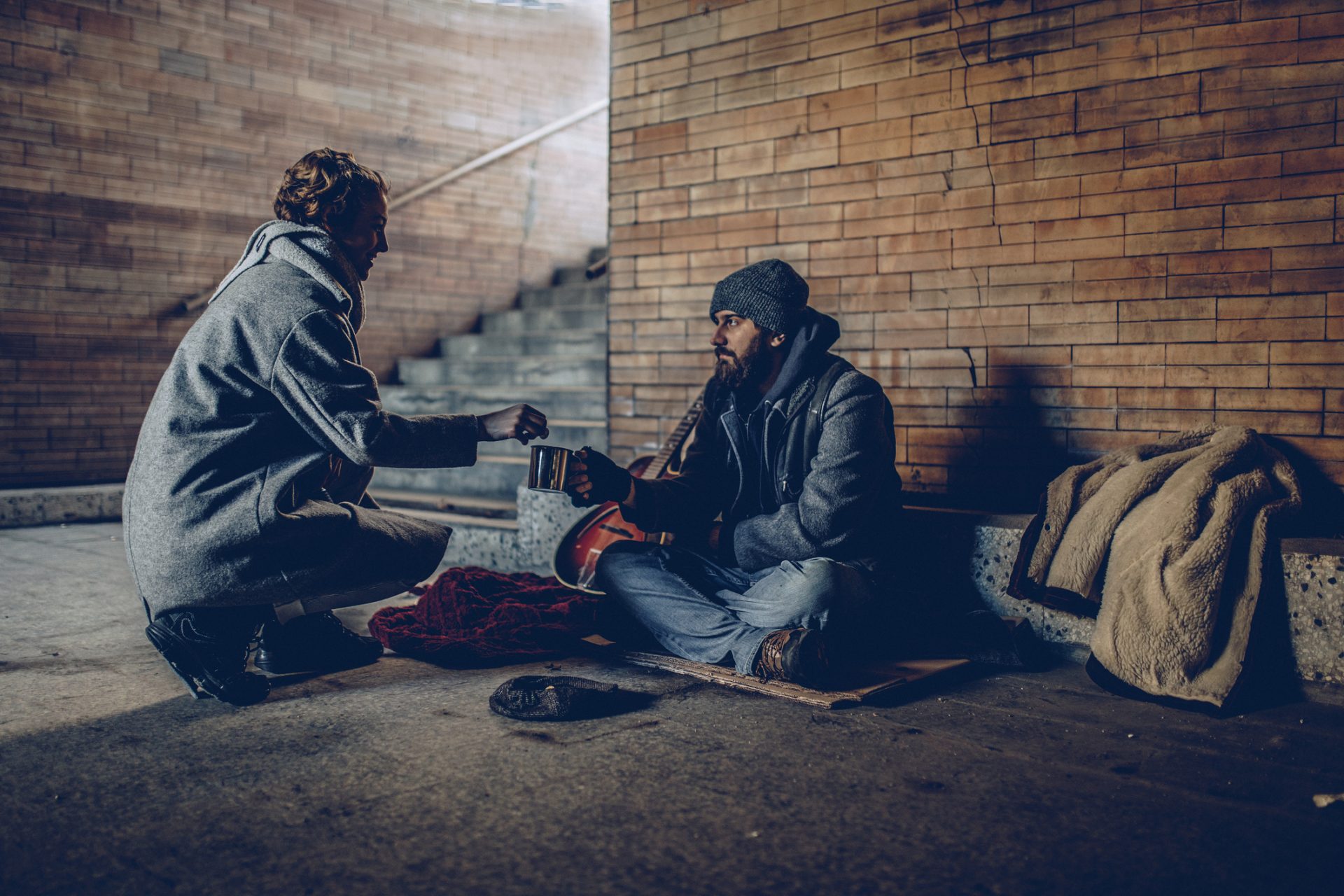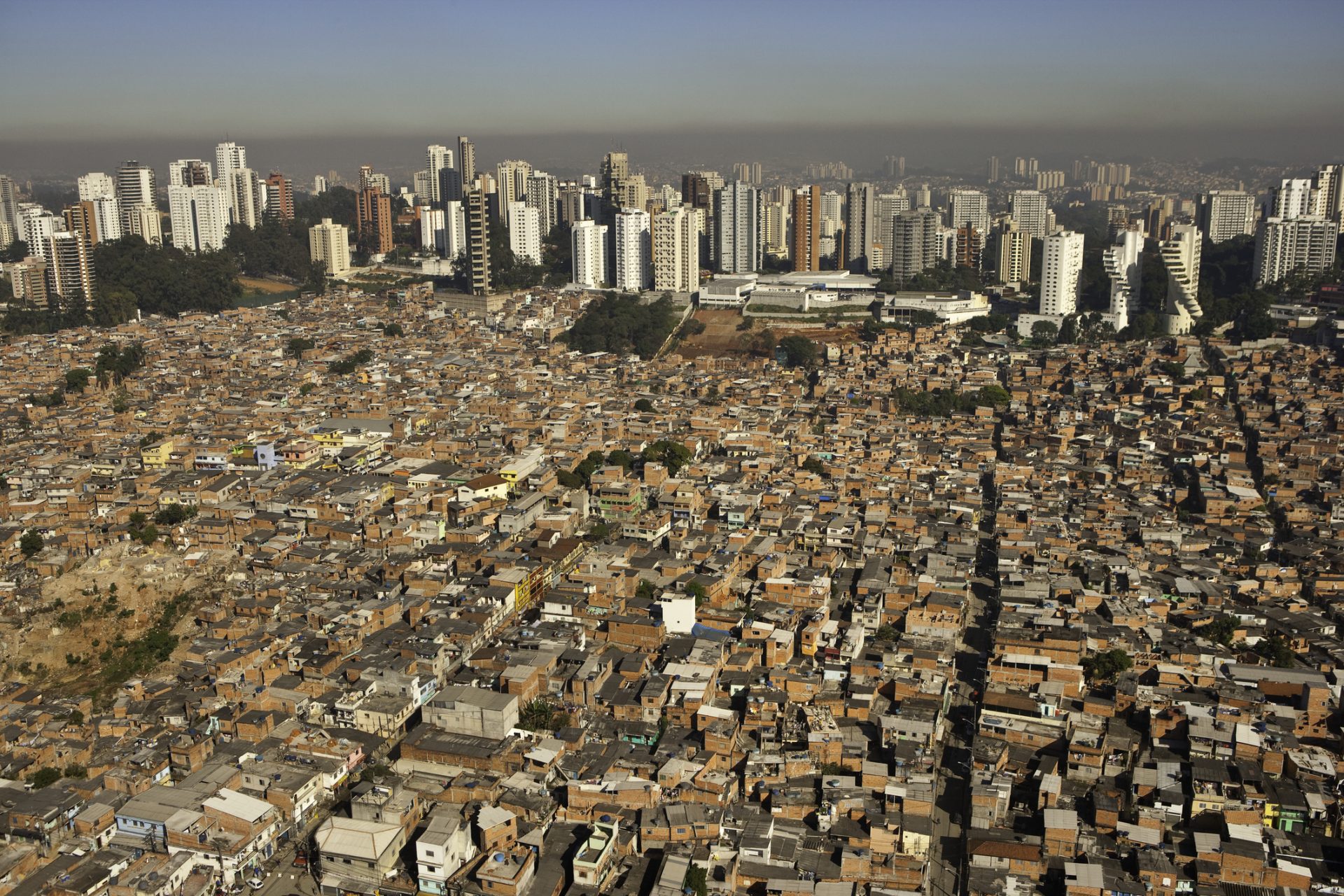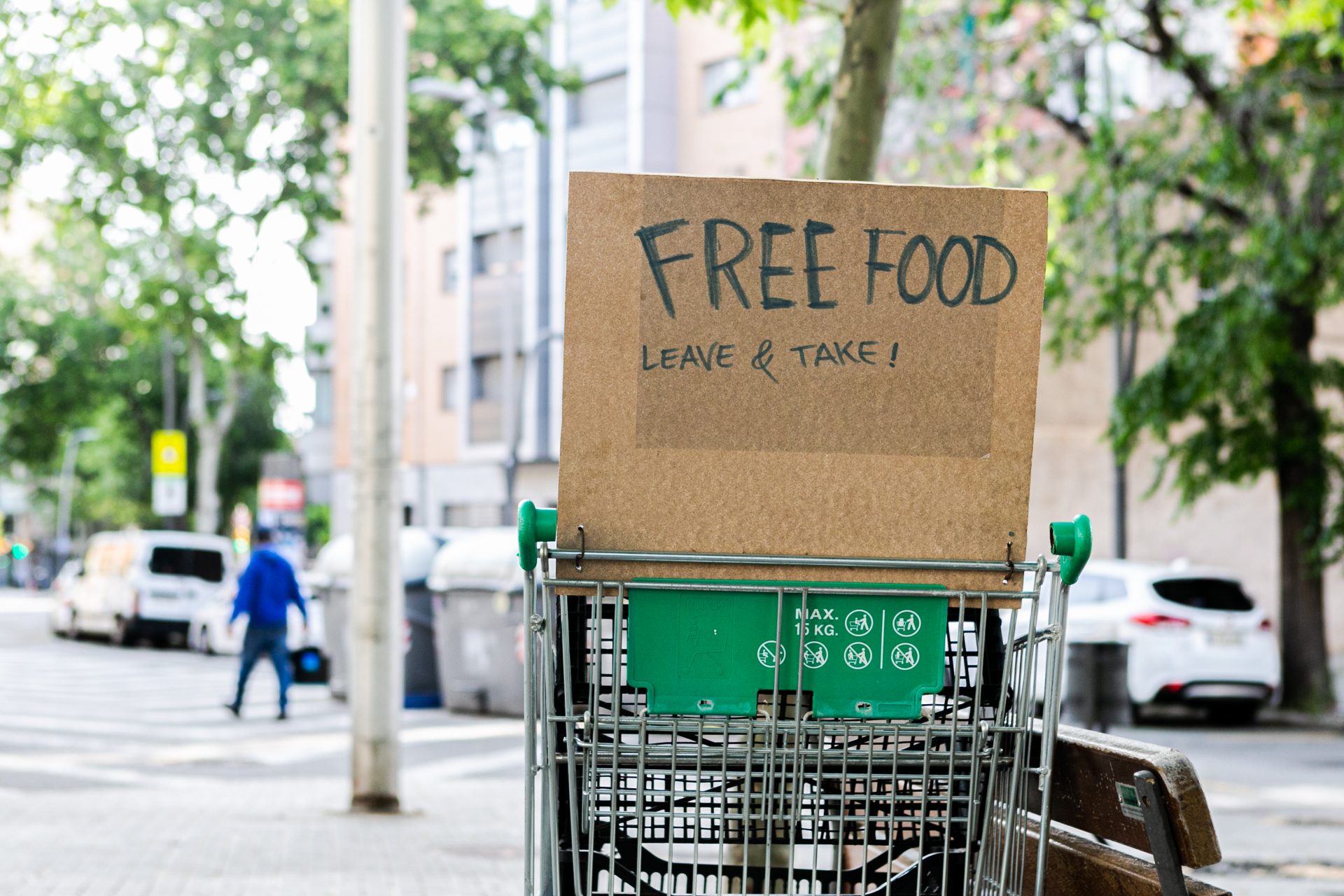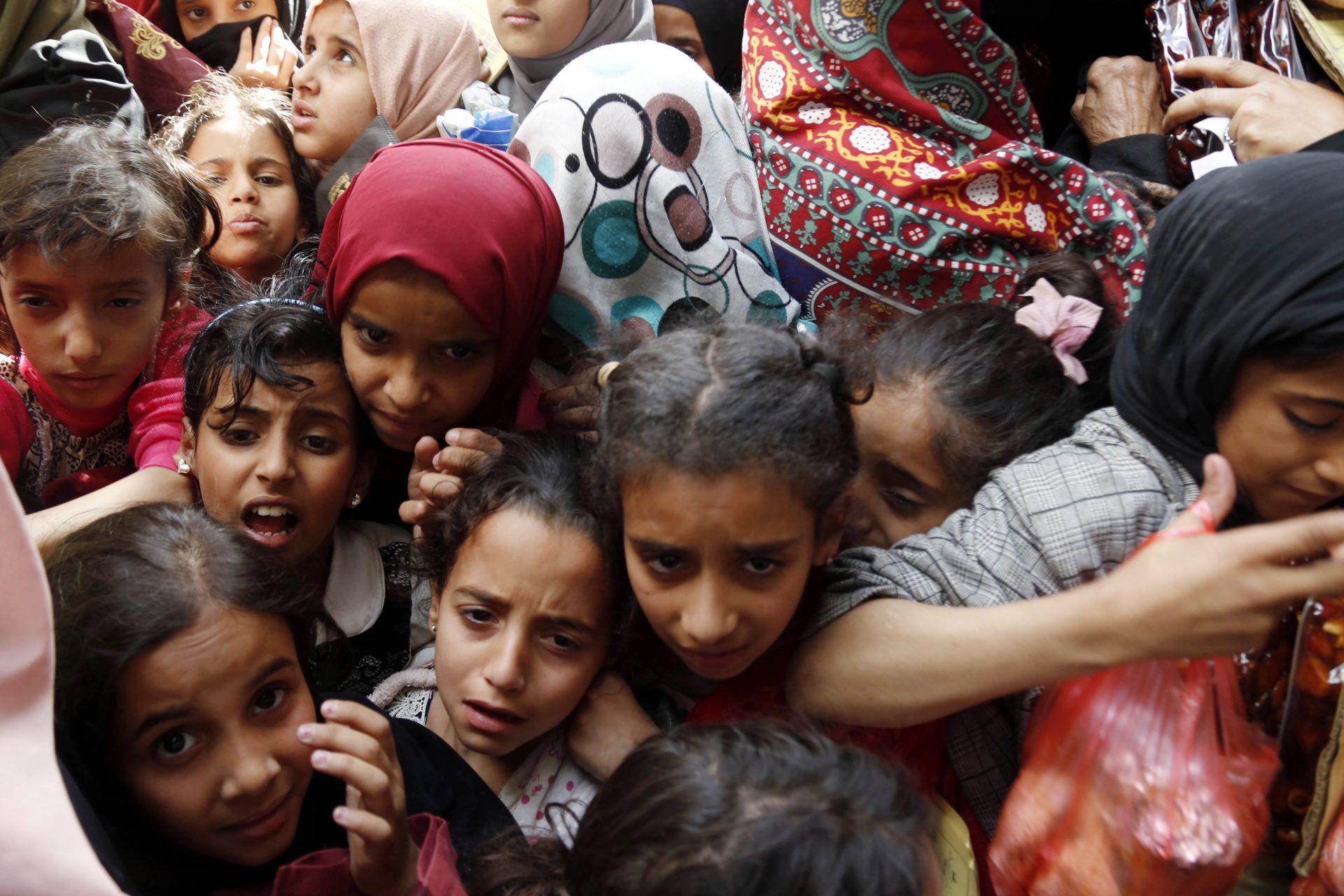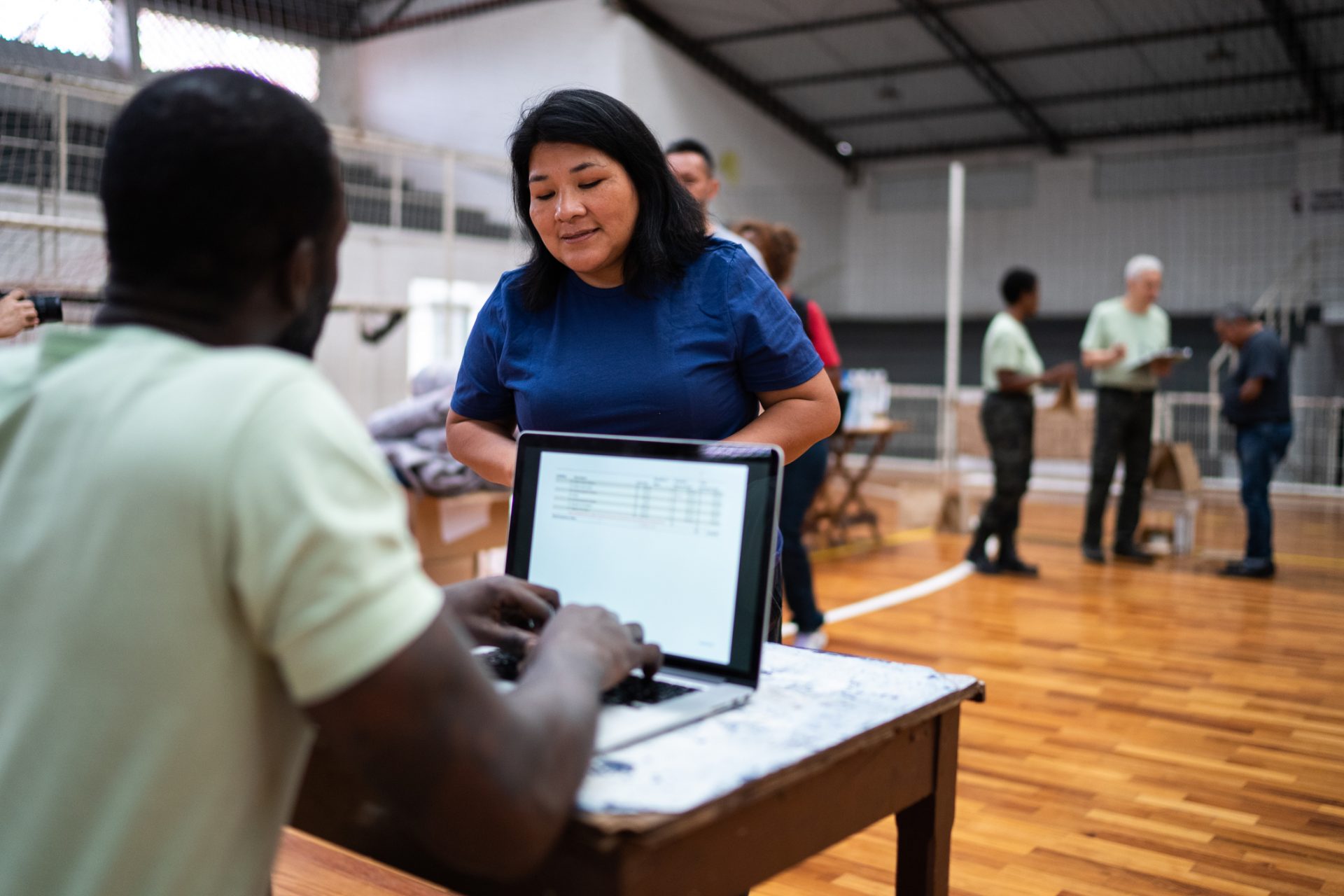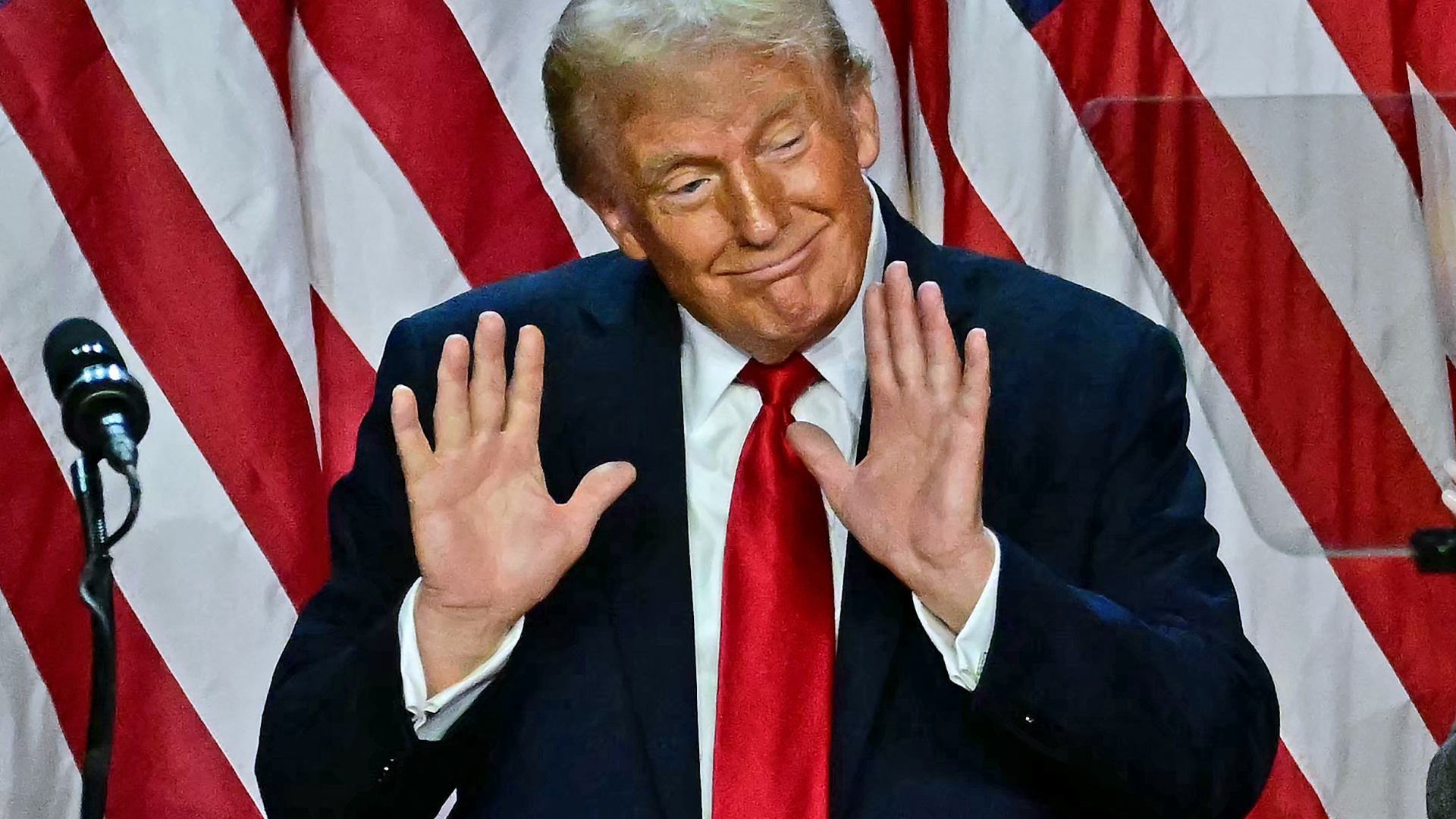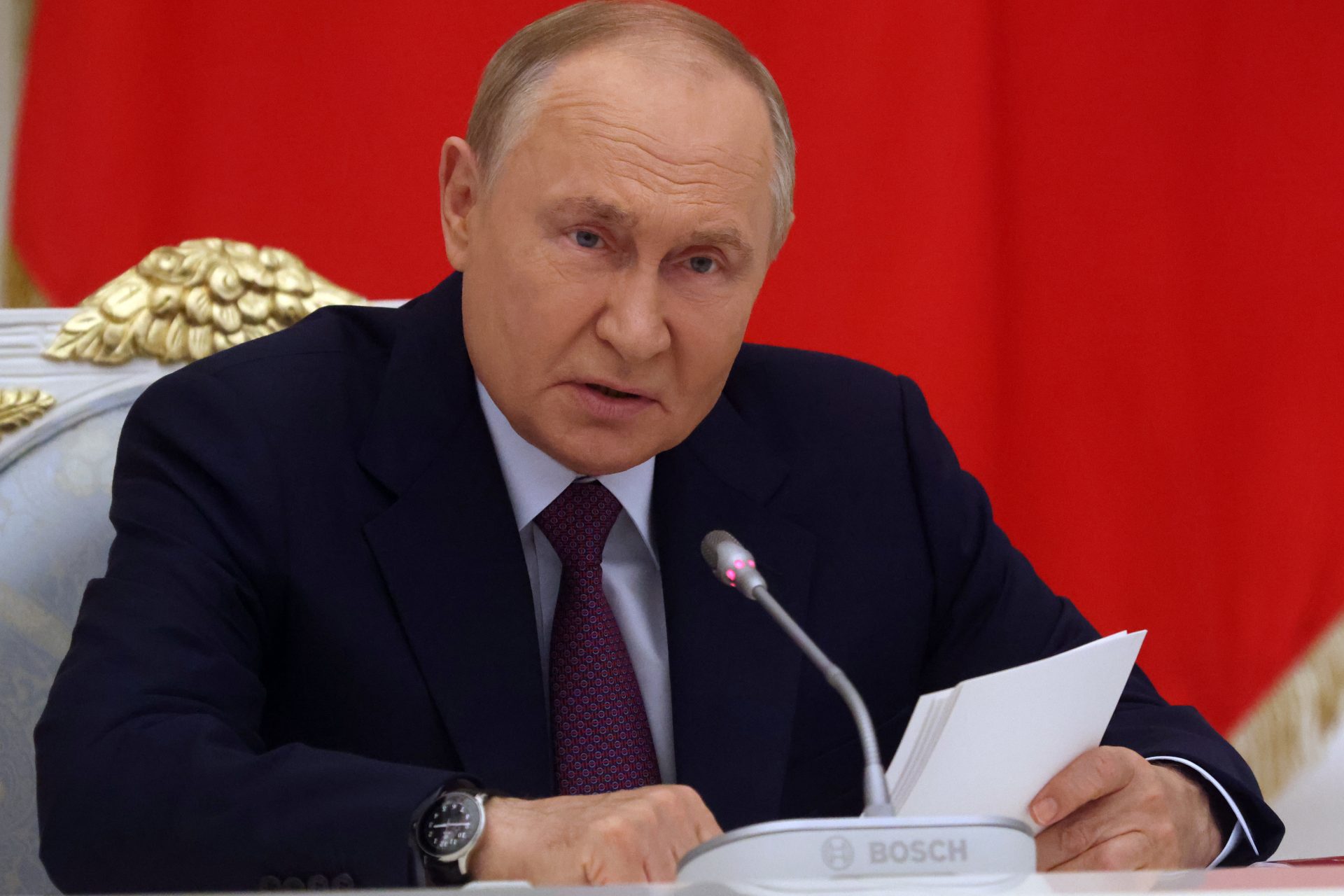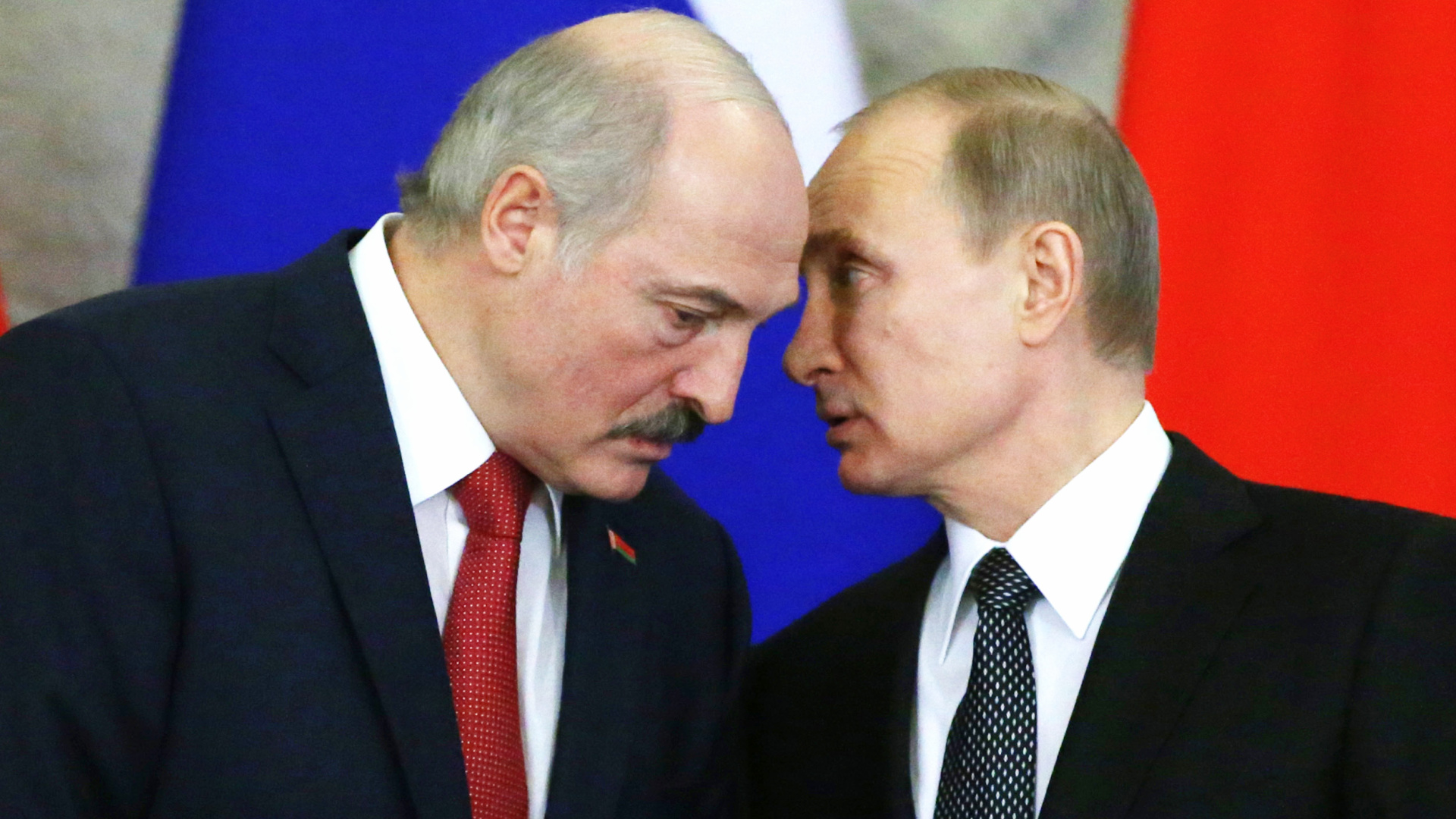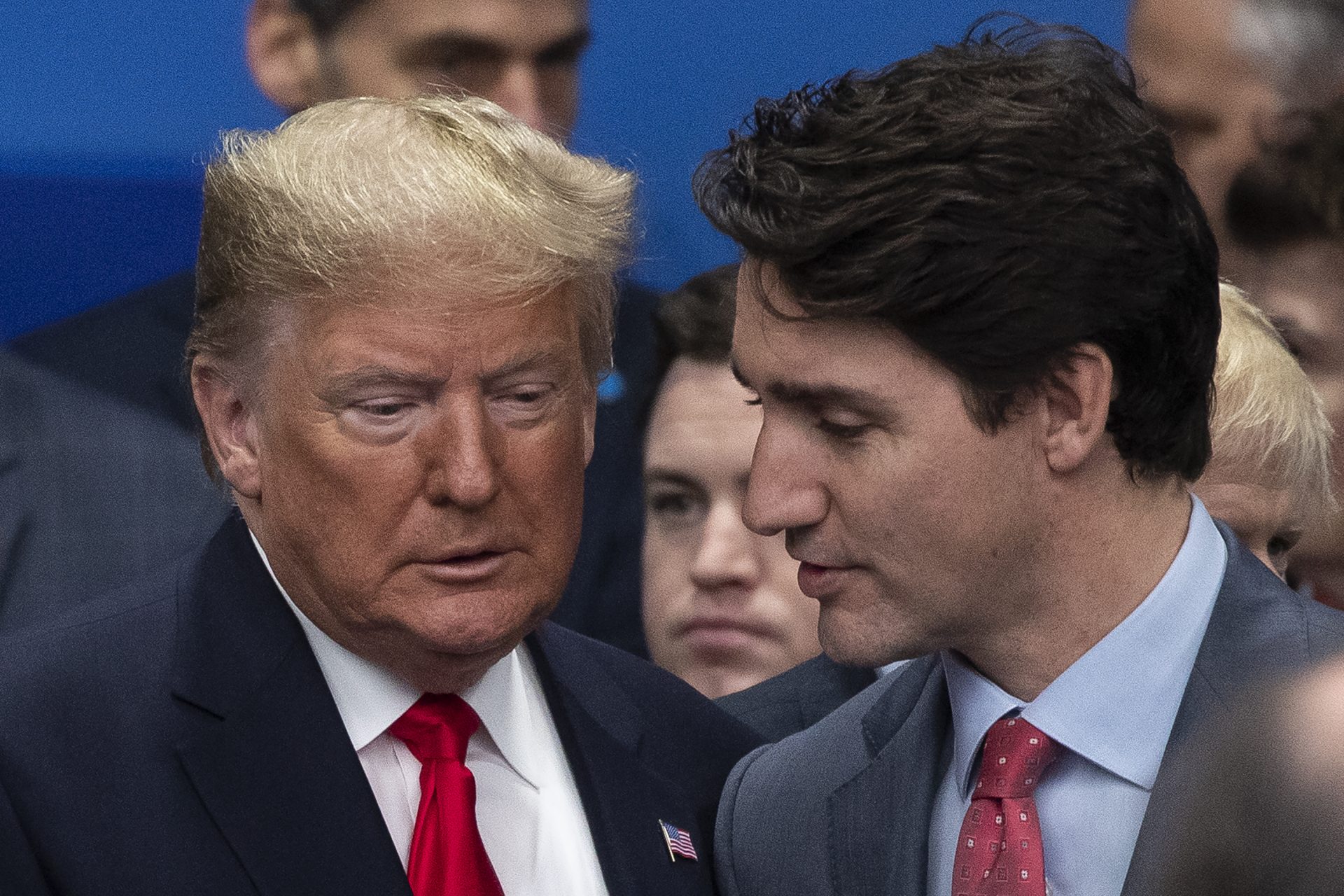Rich vs Poor: who is more generous?
Are the wealthy, with so much abundance more inclined to share their riches? Do having more mean your are willing to give more to others?
It’s a simple question but one that could have big ramifications for how we order our society. Unfortunately, figuring out the answer to this question hasn’t proven easy for scientists studying the dilemma of societal generosity.
Several studies have tried to get to the bottom of which class is more generous than the other and the evidence doesn’t point in one clear direction. Psychology Today tried to explore the ways in which wealth affects generosity and this is what it found.
One of the most telling studies on the topic was published in the Journal of Psychology in Personality in 2020 and found wealth was linked to what the authors called prosocial behavior—behaviors such as helping others or giving one's time and money to help others.
This type of giving seems intuitive according to Psychology Today, which explained that it makes sense to assume those who have more money would be more likely to donate their wealth to others. However, not every study found the wealthy to be so generous.
For example, research published in the journal Psychology and Cognitive Sciences in 2015 found income inequality led to higher-income individuals being less generous when they resided in a highly unequal area or when inequality was portrayed as relatively high.
These findings revealed that wealthy individuals were only less generous than those of lesser means when they were subjected to what the researchers called “conditions of high actual or relatively perceived macrolevel economic inequality.”
This view challenged prevailing theories at the time which suggested the wealthy were always less generous than those who had less than they did. However, there is also evidence that those living in far more unequal conditions were willing to donate more to charity than the wealthy.
Published in the journal Nature Aging in 2021, researchers from several international universities looked at the prosocial behavior of 45,000 people from 67 countries and discovered something very interesting about people in the world’s poorer countries.
Study participants in poorer countries were a lot more likely to donate to a hypothetical charity than those in wealthier countries according to Psychology Today’s analysis of the research, especially if those donations helped people in their own country.
The study’s authors also noted in their research paper that older individuals were more likely to donate their money than younger participants and theorized that differences in wealth could have contributed to the discrepancy, though they couldn’t prove the theory.
Another way to look at who is giving more can be examined through the lens of wealth as a subjective attribute according to Psychology Today, meaning how much wealth we think we have can play an important role in how we give that wealth away to others.
One way in which we can measure subjective wealth according to Psychology Today was by using the MacArthur Ladder Scale of Subjective Social Status, a tool made up of ten rungs with those best off placed in the top position and the worst off in the bottom.
A person places themselves somewhere on the hypothetical ladder in order to establish their perceived place in society. This method was used in the 67-country global study to show that those who saw themselves as lower on the ladder gave more in donations.
However, research on the topic published in June 2022 suggested that the amount we donate may come down to who’s watching. The study conducted 5 varied experiments to see if advantaged and disadvantaged people would change their donation amounts.
When no one was watching both advantaged and disadvantaged people gave the same amount. But when someone in the disadvantaged group was in the presence of another donor, they would increase their donation amount—suggesting poorer people might give more when in front of others.
“The presence of the other donor made participants' resources evaluable and shaped giving: Relatively disadvantaged participants were proportionally more generous than advantaged participants but only when they could evaluate their resources,” the study’s authors wrote.
Unfortunately, all of the current research only proves that theories of the wealthy giving more and the poor giving more could both be right. In some cases, the rich give more while in others it's the poor who are willing to be more generous. So there isn’t a satisfying answer to the question just yet.
More for you
Top Stories



